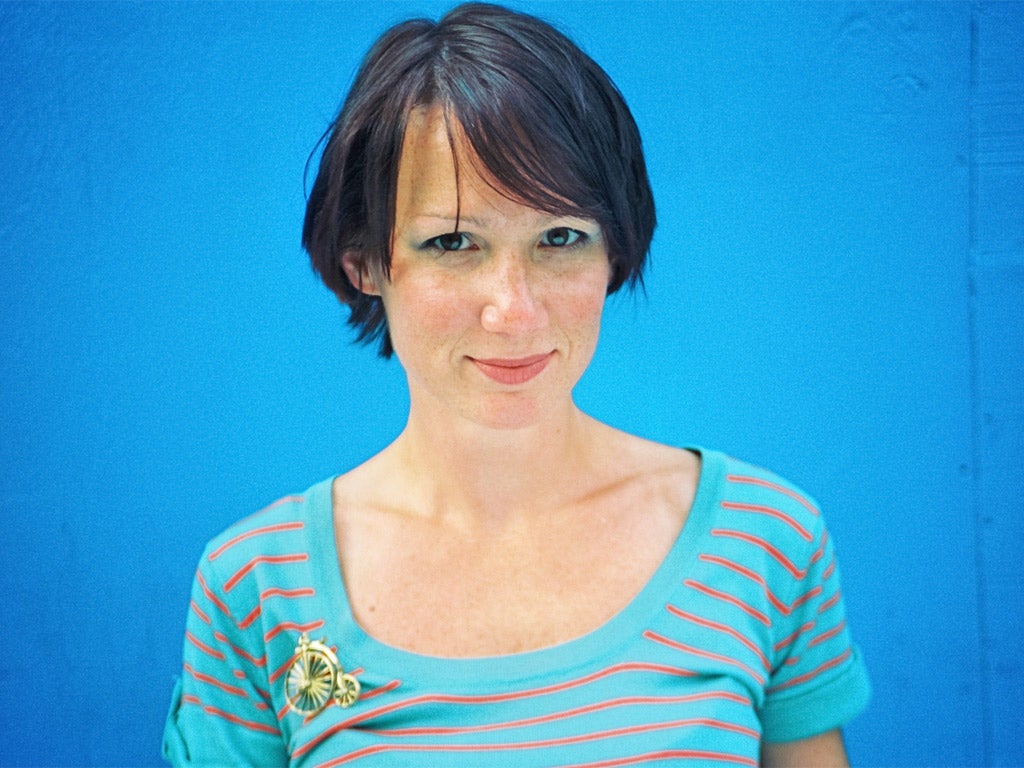The Week in Radio: Believe video games are just for nerds? Think again

Your support helps us to tell the story
From reproductive rights to climate change to Big Tech, The Independent is on the ground when the story is developing. Whether it's investigating the financials of Elon Musk's pro-Trump PAC or producing our latest documentary, 'The A Word', which shines a light on the American women fighting for reproductive rights, we know how important it is to parse out the facts from the messaging.
At such a critical moment in US history, we need reporters on the ground. Your donation allows us to keep sending journalists to speak to both sides of the story.
The Independent is trusted by Americans across the entire political spectrum. And unlike many other quality news outlets, we choose not to lock Americans out of our reporting and analysis with paywalls. We believe quality journalism should be available to everyone, paid for by those who can afford it.
Your support makes all the difference.The last time I played a video game was in 1985. It was a pocket-sized, black-and-white "LCD cardgame" called Trojan Horse, the aim of which was to prevent Trojans from getting into a castle by either pinging arrows at them or drowning them in the moat. Every now and then a horse would appear bursting with hundreds of the blighters. It was quite an adrenaline rush, I can tell you, though gradually I began to tire of the senseless slaughter. Violence never solved anything and it dawned on me that my time would be better spent concentrating on more pressing matters such as puberty.
I'm reliably informed that video games have evolved since then. According to Aleks Krotoski in the BBC World Service's The Culture of Gaming there are now around 150 million gamers in the world, though she chose not to reveal exactly how many of them were pimply boys sitting in their underpants in houses built out of festering pizza boxes.
By virtue of being female, Krotoski, a former games journalist, clearly bucks the stereotype, though even she admitted that she had grown tired of the faux-machismo that characterised most video games, and had hung up her console five years ago. She was, she said, "bored of shooting bad guys and blowing up buildings".
But now a new wind was blowing across the gaming scene, one that aspired beyond the traditional bad-ass protagonists blowing stuff up and sought to elevate video games into the realms of visual art. Where there is indie music and indie cinema, she revealed, there is now such a thing as indie gaming, a genre that brought with it a beauty and humanity previously absent from games culture.
"Within video games you can find illustration painting, sculpture, composition, poetry, narrative," said Chris Melissinos, curator of a video games exhibition at the Smithsonian American Art museum in Washington. The BBC's arts editor, Will Gompertz, was more circumspect, conceding that games "are within the artistic spectrum". Games manufacturers still have some way to go on persuading the art establishment their product can be deemed high art, but Krotoski certainly put forward a convincing case.
There has been a new wind blowing across Radio 1 too, something far removed from relentlessly chirpy presenters LOLing about their previous night's exploits and occasionally – just occasionally – introducing a record. I'm talking proper documentaries dealing with serious stuff. Just last week on "Radio 1's Stories", Gemma Cairney talked with great skill and sensitivity about abuse, both physical and psychological, between teenage couples, and offered a sympathetic ear and advice as someone who had, years previously, been through it herself.
In the same slot this week was Against All Odds, in which Vernon Kay, aka Mr Saturday Night, talked to injured veterans from the Iraq and Afghanistan wars who had become world-class Paralympians. Kay seemed an odd choice to present this, though the synthetic matiness of his television persona quickly melted into something warm and genuine.
He heard some extraordinary stories, among them the volleyball player who nearly bled to death after shards of shrapnel sliced through her legs and lower back, leaving her partially paralysed, and the cyclist who lost an arm after being caught up in a rocket attack in Basra. Both talked eloquently and movingly about how, after years spent adapting to their new circumstances, sports had restored their sense of identity, while their coaches told of the commitment and endurance required to reach Paralympic level.
The programme never lost sight of its young audience, allowing each interviewee to pick a record that best signified their experience. It was insightful, moving and not in the least bit patronising, to its listeners or its subjects. More please, Radio 1.
Join our commenting forum
Join thought-provoking conversations, follow other Independent readers and see their replies
Comments